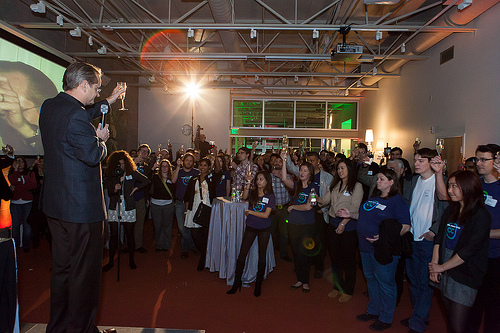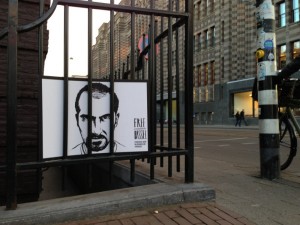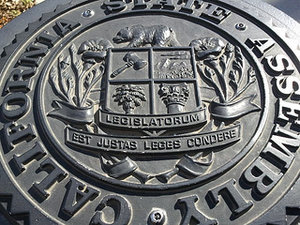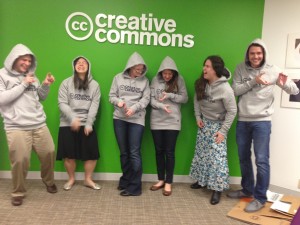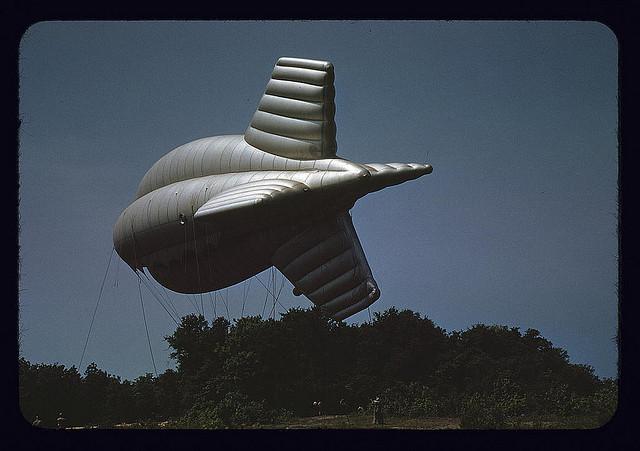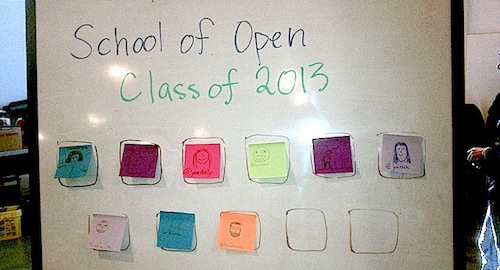Today California (CA) Senate President pro Tem Darrell Steinberg (author of the CA open textbook legislation) announced that SB 520 (fact sheet) will be amended to provide open, online college courses for credit. In short, the bill will allow CA students, enrolled in CA public colleges and universities, to take online courses from a pool of 50 high enrollment, introductory courses, offered by 3rd parties, in which CA students cannot currently gain access from their public CA university or community college. Students must already be enrolled in the CA college or university in which they want to receive credit. The 50 courses and plans for their assessment will be reviewed and approved (or not) by a faculty committee prior to being admitted into this new online course marketplace.
See these articles for details about the initiative:
Why is this important?
- 400,000+ California students cannot get a space (in-class or online) in the general education courses they need to progress in their academic career. That’s a major problem. This is one part of the solution.
- Creative Commons (CC) has been actively working with all of the major Massively Open Online Course (MOOC) providers, encouraging them to adopt CC licenses on their courses. These conversations continue, but they have been slowed by the MOOCs’ need to explore revenue models. MOOCs licensing content to education institutions has been floated as one possible revenue model, which has slowed MOOCs’ willingness to make it easy for contributing colleges and universities to CC license their courses.
- CC has learned that this new CA online marketplace will require open licenses on all courses and textbooks as a condition for participation. That is, if Udacity, Coursera, edX, StraighterLine, Future Learn, or anyone else wants its courses to be considered for use in this initiative, the courses and textbooks will first need to be openly licensed. CC is pleased that Senator Steinberg plans to leverage California’s existing open textbook investment (all textbooks will be licensed under CC BY).
CC has recommended the marketplace only allow courses and textbooks openly licensed with any of the CC licenses that allow derivatives (or CC0) or similar open copyright licenses. Specifically, CC recommended that these licenses be allowed:
Conversely, CC recommended not allowing courses into the marketplace if they are licensed:
- all rights reserved
- BY ND
- BY NC-ND
- with any other restrictive licenses that do not comply with the Hewlett OER Definition
The text discussing “open” in SB 520 reads:
(b) For purposes of this article, the following terms have the following meanings:(1) “Online courses of study” means any of the following: (A) Online teaching, learning, and research resources, including, but not necessarily limited to, books, course materials, video materials, interactive lessons, tests, or software, the copyrights of which have expired, or have been released with an intellectual property license that permits their free use or repurposing by others without the permission of the original authors or creators of the learning materials or resources.
Like the CA open textbook bills, this project is being staffed by Dean Florez (former CA Senate President pro Tem) and the staff at the 20MM Foundation. They have done amazing open policy work in CA and should be congratulated! CC worked closely with 20MM on the open textbooks project and will again on this initiative.
Bottom line
- This could be the market demand for openly licensed courses and textbooks that will provide incentives for MOOCs to adopt open licenses.
- If this model is successful in California, it could be adopted in other states, provinces and nations. What if all governments made the following promise to their citizens?
“No college student in [X] will be denied the right to move through their education because they couldn’t get a seat in the course they needed.” – Steinberg, “California Bill Seeks Campus Credit for Online Study” (New York Times)
And as governments innovate and create new education marketplaces for their citizens, to ensure affordable access and academic progress, what if they (like Steinberg) required those education spaces to use openly licensed courses and textbooks?
Senator Steinberg continues to leverage 21st-century technologies, open licensing, and the collective strength of the academy and innovative entrepreneurs to ensure that students can access a high quality, affordable education. That’s leadership. Well done, Senator.
